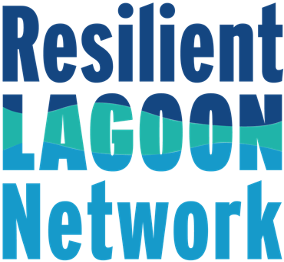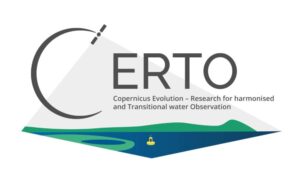Coastal wetlands are among the most important human-sea composite systems for achieving sustainable development in coastal zones. They are also ecologically fragile areas of global concern under the United Nations Sustainable Development Goals (SDGs) in the context of global change. However, coastal wetland degradation is severe in China and several other developing countries in Asia. The future trajectory of coordinated development between the coastal ecological environment and socio-economic progress remains unclear, highlighting an urgent need for interdisciplinary international cooperation and joint research.
The ECOSYNC project is a collaborative project jointly conducted by several research institutions, including Hohai University (China), the University of Auckland (New Zealand), Beijing Forestry University, the University of Southampton (UK), Macquarie University (Australia), the Royal Society for the Protection of Birds (UK), and the Spoon-billed Sandpiper Task Force. This project is co-funded by the National Science Foundation of China (NSFC) and the United Nations Environment Programme (UNEP) and aims to contribute to the achievement of several SDGs related to coastal wetlands.
ECOSYNC focuses on four typical coastal wetlands along the East Asia–Australasia Flyway, with two observation sites in China and Myanmar and two comparison sites in Australia and New Zealand. This study will integrate interdisciplinary research across Environmental Earth Science, Marine Science, Ecology, Economics, and Management Science.
By combing multiple techniques, e.g., field observation, remote sensing and numerical modeling, this study aims to analyze the coupling relationship between the biogeochemical processes of coastal wetlands and socio-economic development, identify the main driving forces behind coastal wetland environmental change, establish a coastal wetland evolution model and digital twin system framework based on the coupling model of human-sea composite system, and predict future trends of coastal environmental and ecosystem changes under global change stress. Additionally, the project will propose policy recommendations to support the coordinated development of regional economies, societies, and ecosystems in coastal areas. ECOSYNC is expected to foster interdisciplinary collaboration and international cooperation in coastal wetland research while providing scientific decision-making support for the sustainable development of coastal areas in China and other developing countries in Asia.


















